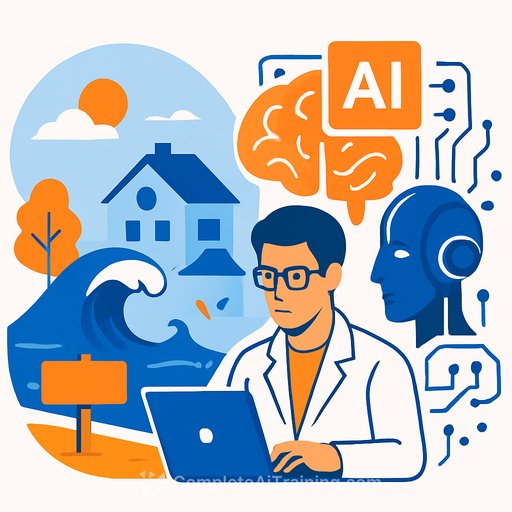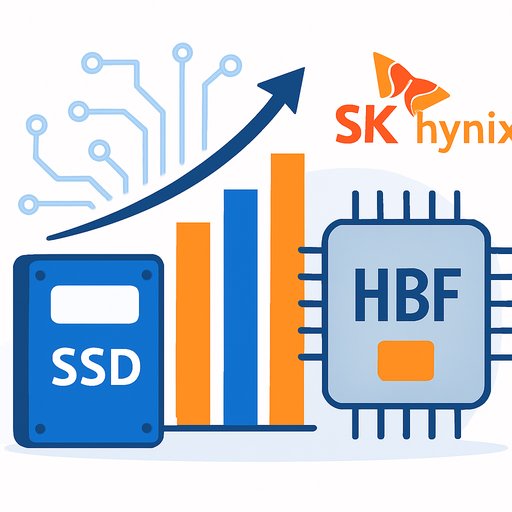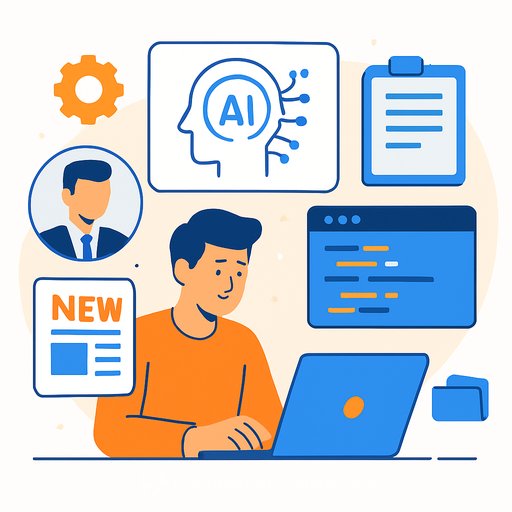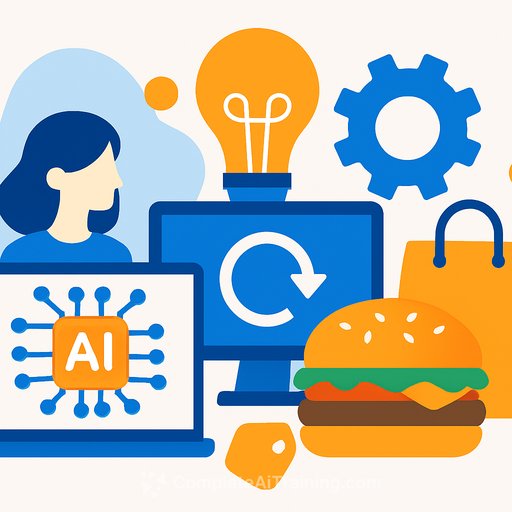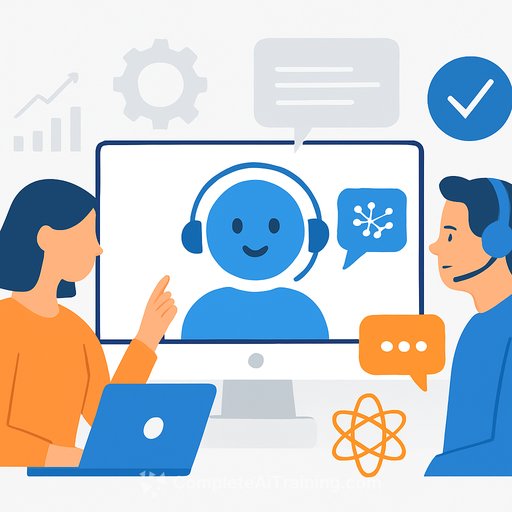From coastal resilience to faster product launches: Northeastern researchers push applied AI in Massachusetts
AI is moving from demo to deployment across Massachusetts. The state's AI Hub awarded $2.9 million to seven projects building datasets and models with clear, measurable outcomes - including two led by Northeastern University faculty.
If you build products, this matters. The work targets waste, cycle time, and decision quality - the levers that make or break early-stage development.
Two projects product teams should watch
1) Generative design for early-stage concepts (Tucker Marion + Ada IQ). The goal: improve concept exploration and decision-making in consumer product categories like footwear, fashion and manufacturing using open source, generative design models. Why care? Because 60%-70% of new products fail to gain traction. Better upfront validation and iteration can cut scrap, shorten sampling loops, and lift hit rates.
2) Coastal risk modeling for resilient planning (Jim Chen). An AI model that ingests coastal data to forecast future risks from sea-level rise. It will be implemented with the town of Marshfield, Massachusetts, to update its resiliency plan. For product leaders in outdoor, infrastructure-adjacent, or coastal supply chains, this is a down-to-earth example of turning messy environmental data into decisions that reduce risk and cost.
Why this matters for product development
- Reduce waste: Iterate in silico before you cut materials or tool molds.
- Speed up learning: Run many concept variations, enforce constraints (cost, sustainability, fit), and rank options.
- Tighter product-market fit: Pair generative concepts with real consumer feedback loops to avoid late-stage surprises.
- Stronger cross-functional handoff: Connect models to CAD/PLM so design, engineering, and manufacturing work from the same source of truth.
What was announced
The Massachusetts AI Hub - a collaboration across government, industry, startups and academia - highlighted seven winners on Northeastern's Boston campus. The hub is backed by a $100 million, 10-year commitment through the Massachusetts Leads Act. Leadership emphasized one goal: make the state a leader in applied AI that moves the needle in fields like health care, education and clean energy.
Other funded projects worth noting
- Two Worcester Polytechnic Institute teams: improving forecasting for waste-to-energy projects and improving recycling.
- Boston Children's Hospital: using AI to improve care for children with Crohn's disease and similar conditions.
- Western New England College: real-time detection of defects in metal manufacturing.
- EarthDNA (nonprofit): targeting footwear waste with AI.
Turn this into action on your team
- Define your objective function: what trade-offs matter (cost, weight, sustainability, comfort, manufacturability)?
- Assemble usable data: historical winners/losers, materials, constraints, bill of materials, cost curves, consumer insights.
- Start with open models: experiment with generative design that integrates with your CAD and PLM stack.
- Prototype a narrow use case: one product line, one component class, or one phase (concept sketches to first sample).
- Close the loop: A/B test concept variants with target users, feed results back into the model, and keep iterating.
- Measure what matters: time-to-concept, sample iterations to approval, scrap rate, margin impact, forecasted sell-through.
- Set guardrails: data governance, IP protection, and human review for final decisions.
Where to learn more
For background on the statewide effort, see the Massachusetts Technology Collaborative's initiatives here.
Building skills for AI-driven product work? Explore role-based programs at Complete AI Training.
Your membership also unlocks:

